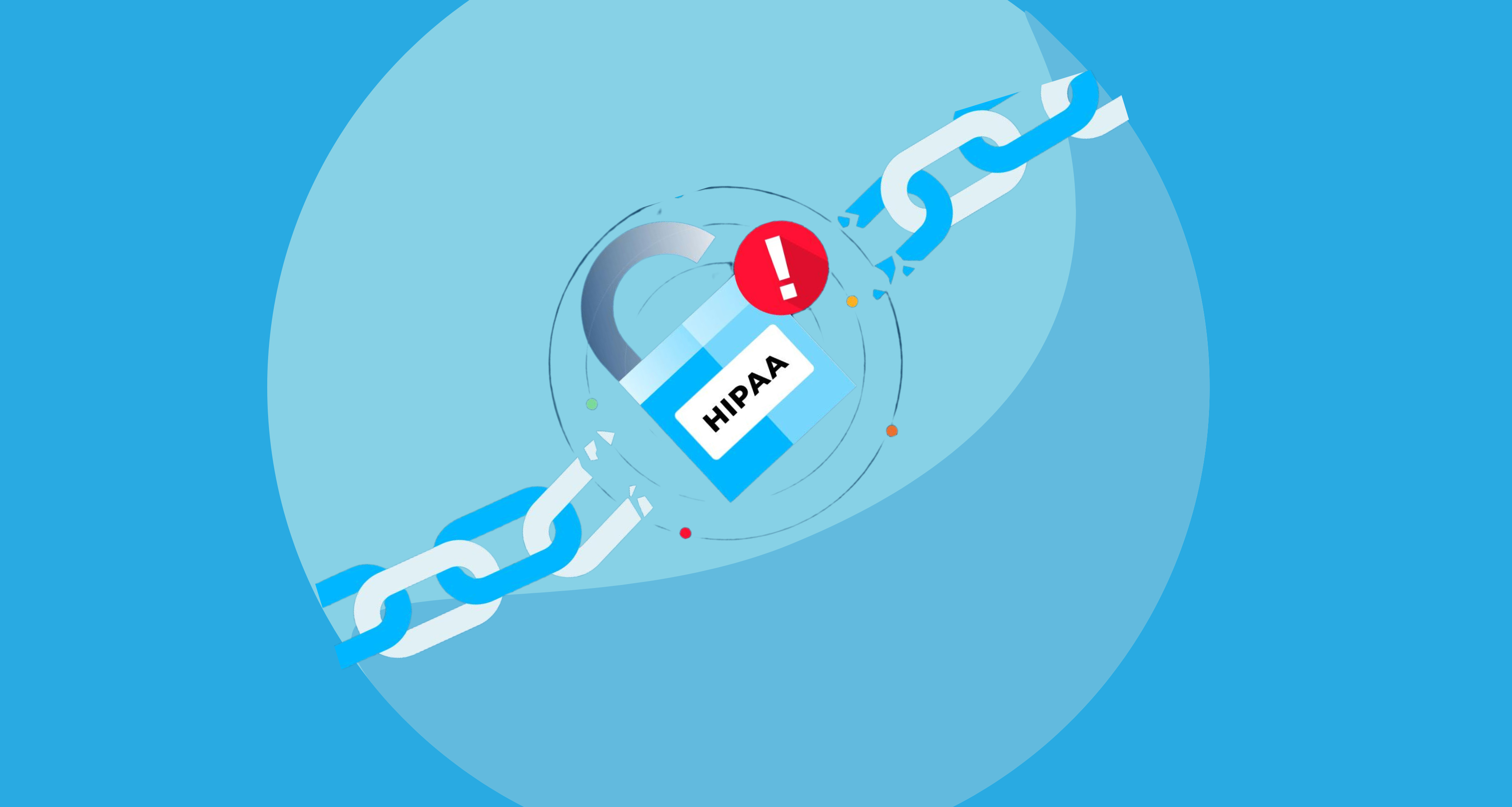
Wondering why your practice or organization should be HIPAA compliant? In the United States, the Health Insurance Portability and Accountability Act (HIPAA) was enacted in 1996 to regulate the handling and protecting confidential medical information.
The law requires healthcare providers, insurers, and other covered entities to implement strict safeguards and protocols to ensure the privacy and security of patients’ protected health information (PHI). Failure to comply with HIPAA can result in significant financial and legal consequences.
There are certain implications of noncompliance with HIPAA, including the potential fines, penalties, and reputational damage that can result from a breach of patient data. In healthcare organizations, there is a core list of best practices needed for compliance and strategies for mitigating the risks of noncompliance.
Overview of HIPAA Regulations
The implications of noncompliance with HIPAA are not only financial but can also result in negative effects on an organization’s reputation and patient trust. It can also lead to the loss of medical licenses, certification or accreditation of the healthcare facility, which may lead to the organization’s closure.
Healthcare organizations and their employees must ensure compliance with all HIPAA regulations, including but not limited to access controls, authorization controls, and operation controls through various means, including adequate training and regular internal audits.
HIPAA compliance is an essential aspect of mitigating risk, protecting patients’ rights, and reducing the risk of costly violations of the regulations. Overall, the importance of HIPAA compliance in safeguarding sensitive patient information cannot be overstated.
Consequences of Noncompliance with HIPAA
Failure to comply with HIPAA can result in a myriad of consequences that can harm the reputation of the healthcare provider or organization. These consequences can range from financial penalties to civil or criminal prosecution, resulting in massive fines that can erode the finances of healthcare providers. The Department of Health and Human Services (HHS) can impose a fine of up to $1.5 million per year for each violation of HIPAA.
Apart from the negative financial implications, failure to comply with HIPAA also has legal implications that can affect healthcare providers. Civil lawsuits, criminal charges, and negative publicity can arise from noncompliance with HIPAA, leading to damage to the reputation, brand name, and customer base of the providers.
Impact of HIPAA Violations
The penalties for not complying with HIPAA are severe, and healthcare providers can face fines of up to $50,000 per violation or up to $1.5 million per year for repeated violations. These significant financial penalties can be devastating for small practices or clinics, which could potentially put them out of business.
The implications of noncompliance with HIPAA go beyond financial penalties, affecting how healthcare providers and practices are viewed. They have the potential of losing their value and trustworthiness which can lead to patient loss, which could affect the success and sustainability of the practice or organization.
Ultimately, failing to comply with HIPAA regulations is not only unethical but also poses significant risks to patients and healthcare providers. It is imperative that all healthcare providers prioritize patient privacy and security, and take all the necessary steps to make sure that they comply with all the rules of regulations of HIPAA.
Strategies for Maintaining HIPAA Compliance in Healthcare
To maintain HIPAA compliance in healthcare settings, several strategies must be implemented:
- Provide HIPAA training to employees, contractors, and business associates
- Provides them with clear guidelines on how to safeguard PHI
- Conduct regular risk assessments
- Allows them to identify security and privacy vulnerabilities and make necessary improvements
- Ensuring all policies and procedures comply with HIPAA regulations
- Establishes a breach notification process when PHI is compromised
- Ensuring that PHI is accessed is monitored
- Prevents unauthorized PHI access
Compliance with HIPAA regulations should be a main priority for all healthcare organizations and practices to avoid penalties and maintain patients’ trust in handling PHI. The HIPAA Security and Privacy Rule require healthcare providers to keep protected health information (PHI) safe and secure at all times.
How Compliancy Group Can Help Your Organization Become and Stay HIPAA Compliant
Achieving HIPAA compliance in the past was a difficult and demanding undertaking. With the help of Compliancy Group’s HIPAA software, you may go about your business with the assurance that you have fully complied with the law.
The time it takes to achieve HIPAA compliance is significantly reduced by our efficient solution and live guided coaching, saving you both time and stress. Our clients can automate 86% of the administrative duties involved in a compliance program by using our software solution, and by working with a Compliance Coach, the uncertainty around the implementation process is removed.









